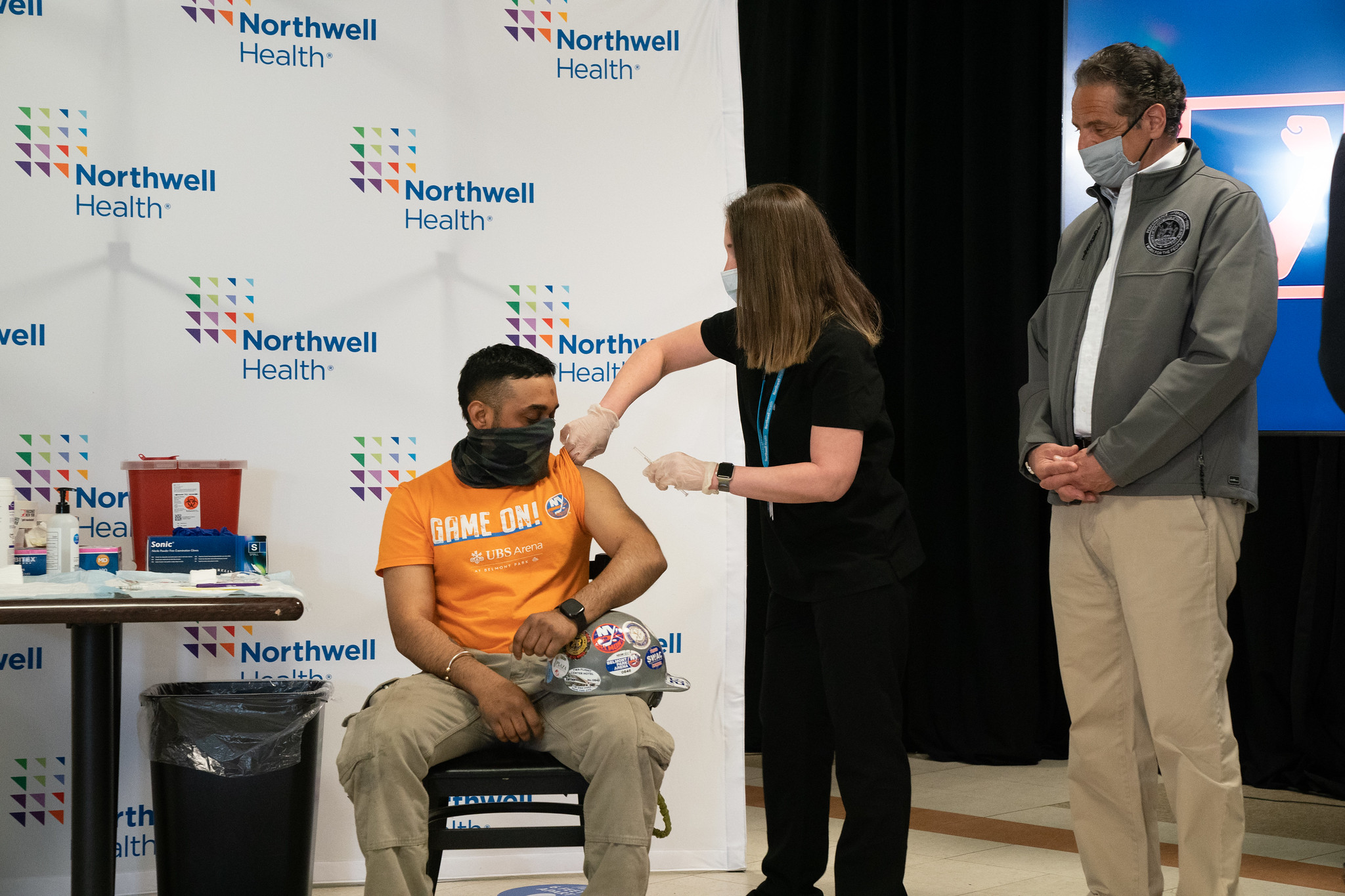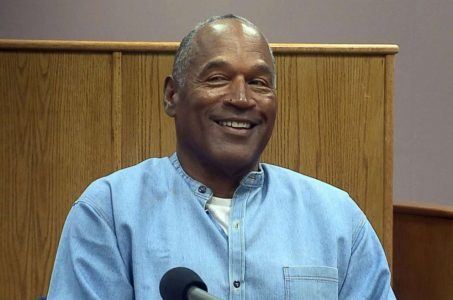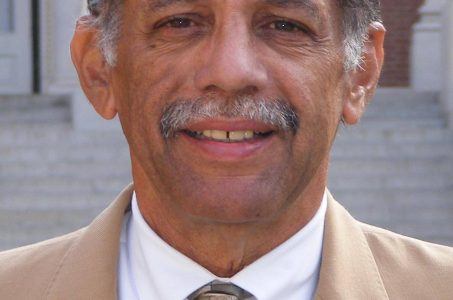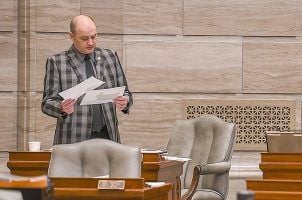New York Misses Mobile Sports Betting Solicitation Deadline, More Delays Possible
Posted on: July 3, 2021, 01:56h.
Last updated on: July 3, 2021, 06:57h.
Thursday was supposed to be the day the New York State Gaming Commission issued a solicitation to find mobile sports betting operators. Instead, it was a missed deadline that left one of the initiative’s ardent supporters disappointed, but not discouraged.

A spokesperson for state Sen. Joseph Addabbo, chairman of the Senate Racing, Gaming, and Wagering Committee, told Casino.org that the Queens Democrat is trying to find out why the request for application was not issued Thursday. That provision was mandated in the annual budget lawmakers passed in April.
The fact that our state couldn’t meet its initial mobile sports betting deadline to take a positive step towards recognizing additional educational and anti-addiction funding is disappointing,” the senator said in a statement. “I remain confident that, in the end, New York will have a premier, top-shelf mobile sports betting product to offer its residents, and effectively compete in the market.”
According to a published report, the request for applications process may be delayed for a couple of weeks, putting in jeopardy hopes for a launch by next year’s Super Bowl. Sports Handle, citing gaming industry sources, reported the solicitation may not be released until possibly the middle of the month.
Complicated Structure for NY Mobile Sports Betting
Under the terms agreed to in the budget by lawmakers and the Cuomo Administration, legal mobile sports betting in New York would comprise two or more platform providers. Companies seeking Gaming Commission approval to become a platform provider would need to submit the sports betting operators that would work with them in the state.
The budget indicated that at least four, but probably more, operators would be allowed in the state.
Aspiring platform providers would also propose the tax rate paid in the competitive bid process, with a floor of at least 12 percent. All platform providers selected by the state would have to agree to pay the same rate.
While lawmakers like Addabbo and Assemblyman Gary Pretlow (D-North Vernon) sought a more conventional sports betting system where casinos partnered with operators, New York Gov. Andrew Cuomo wanted something he described as lottery-style.
That didn’t mean he wanted the New York Lottery to operate it. Instead, he wanted the state to work directly with the sportsbooks instead of going through a middleman, similar to how the state works with gaming operators for the lottery. He felt that was a more effective way to generate more revenue for the state. In the end, both sides reached a compromise as the budget talks wound down.
Cuomo forecast that mobile sports betting could generate $500 million annually for New York, which would be America’s largest mobile market once it’s online.
At the time the governor made that proposal, New York’s budget was billions of dollars in the red because the COVID-19 pandemic caused massive business shutdowns. The three-term Democratic governor estimated the state’s shortfall was around $15 billion.
The federal government provided more than $12.5 billion to the state to help address the deficit. The budget also raised income taxes on high earners, and legalized another revenue stream for the state, recreational marijuana sales.
Potential for More Delays?
Addabbo had hoped for mobile sports betting operators to be available in New York by next year’s Super Bowl. Under the time frame set in the budget – a measure itself that was passed a week after its statutory deadline due partially to the COVID-19 pandemic – that was likely going to be a tough challenge to meet.
The budget calls for the Gaming Commission to give applicants no more than 30 days to submit applications. Given the complex nature of the proposal process and the questions submitted previously by potential applicants, it seems like groups will need that amount of time. That’s especially true if the state has to amend the solicitation, which is a common occurrence in the competitive bidding process.
Where the state may be able to make up time is in the 150-day window it will have to review applications and issue licenses. However, given again the complex nature of the proposal requirements – especially on the tax rate – the state may need that entire window as well. The budget bill includes the phrase “to the extent practicable,” which would give state officials some leeway in making those awards.
The budget bill also says the awards must be made “after the final application” is submitted.
Related News Articles
Maryland Casinos Tell Lawmakers to Back Sports Betting
Most Popular
FTC: Casino Resort Fees Must Be Included in Upfront Hotel Rates
Genovese Capo Sentenced for Illegal Gambling on Long Island
NBA Referees Expose Sports Betting Abuse Following Steve Kerr Meltdown
UPDATE: Former Resorts World & MGM Grand Prez Loses Gaming License
Most Commented
-
UPDATE: Whiskey Pete’s Casino Near Las Vegas Closes
— December 20, 2024 — 31 Comments -
Caesars Virginia in Danville Now Accepting Hotel Room Reservations
— November 27, 2024 — 9 Comments -
UPDATE: Former Resorts World & MGM Grand Prez Loses Gaming License
— December 19, 2024 — 8 Comments -
NBA Referees Expose Sports Betting Abuse Following Steve Kerr Meltdown
— December 13, 2024 — 7 Comments
















No comments yet